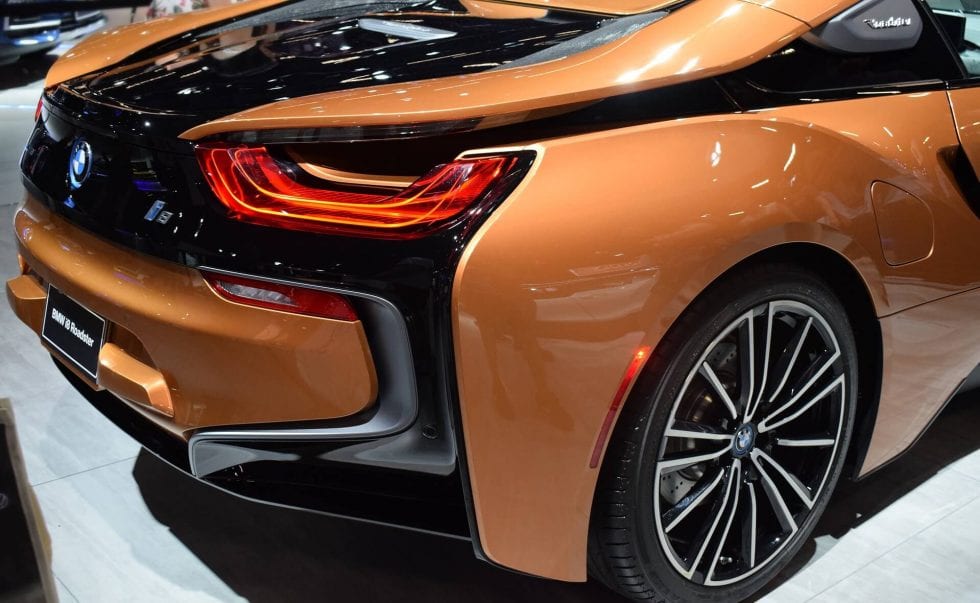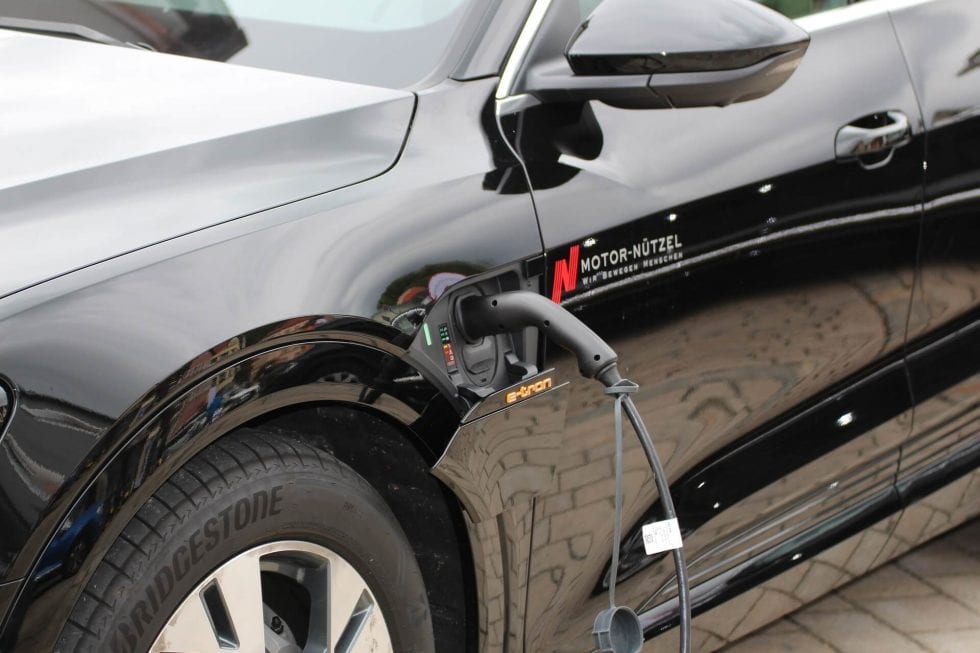Company cars and fuel tax Your at a glance guide
With ever-increasing car road tax rates and the squeeze on diesel, you could be forgiven for thinking the government hates cars. And with what feels like an increasingly complex company car tax regime, it’s not always easy to weigh up your best company motoring options.

How the regime works
The taxable benefit of a company car is calculated by multiplying the list price by a percentage (up to a maximum of 37%) based on the car’s CO2 emission levels.
Whereas in the past, purely electric vehicles (EVs) were exempt from Benefits in Kind (BiK) tax, in the last few years, HMRC has now included them within the regime. And in line with the road tax provisions, as of April 2018, diesel cars now face a 4% higher BiK figure than their petrol counterparts (but subject to the absolute cap of 37%). However, diesel hybrids are not subject to the 4% diesel surcharge.
To add to the confusion, similar cars with similar prices can have very different tax levels according to the type of fuel used and their efficiency.
Company fuel
If your employer also provides you with free fuel for your company car, you will be taxed on the cash equivalent of the benefit each tax year. This could be as a result of using a company fuel card and not repaying the private use element, or if the employer pays for travel between home and work.
The tax charge is based on the car’s CO2 emissions. This will be the same percentage used to calculate the taxable car benefit and is applied to a fixed amount of £24,100 in 2019/20.

Company vans
A van is defined as a vehicle that is not primarily designed to carry people and which has fully laden weight of not more than 3,500kg. Work buses and minibuses do not count as vans. But, double cab pickups (4×4 pickups) can. You don’t have to pay anything to HMRC if your van is only used for business journeys or as a pool van.
Private use of vans
If you are provided with a company van and use it for private journeys, the tax is calculated differently to how car tax is calculated and instead of a sliding scale, there is a fixed rate, regardless of how much CO2 your van emits.
The basic benefit on which tax is charged is £3,430 for 2019/20, plus £686 if free fuel is provided for private journeys. This means an annual tax bill of £686 for employees at the 20% income tax level (that’s just under £58 a month), while those in the 40% band will be charged £1,372 a year (which is just under £115 a month).
You can then reduce this amount by doing a number of different things:
• If you cannot use the van for 30 days in a row
• You pay your employer privately to use the van
• Other employees use the van in which case you divide the £3,430 by the number of employees that use the van.
Use of your own car
If you use your own car for business purposes, you can be paid a tax-free mileage allowance provided it does not exceed 45p per mile for up to 10,000 business miles and 25p per mile for each additional mile over 10,000 with an extra 5p per mile for each work passenger making the same trip.
Bikes

If you use your own bicycle or motorcycle for business journeys, you can receive a tax-free mileage allowance of 20p per mile (bicycles) and 24p per mile (motorcycles).
Full guide available
For more information about tax efficient company motoring, please get in touch and we’ll send you our comprehensive free guide.


